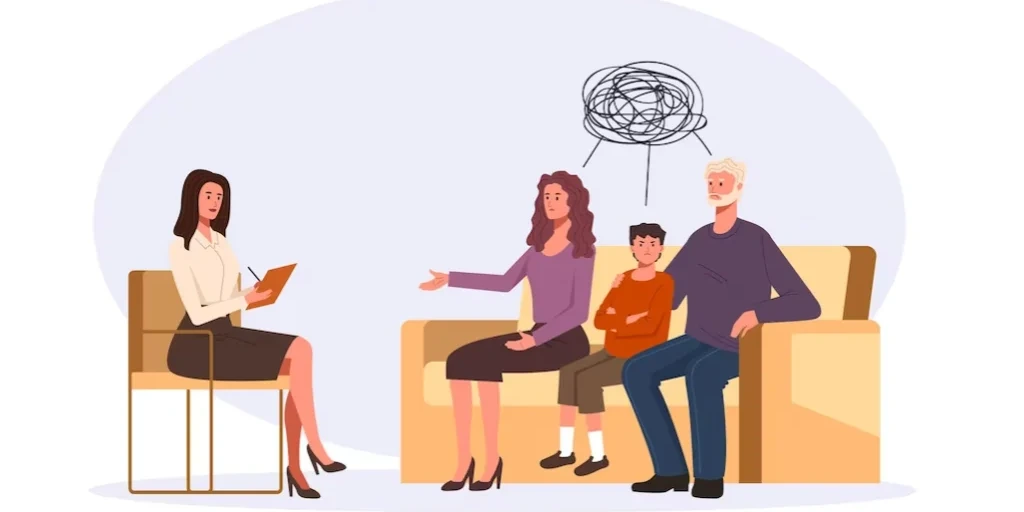24/7 Helpline:
(866) 899-111424/7 Helpline:
(866) 899-1114
Learn more about PTSD Treatment centers in Chama
PTSD Treatment in Other Cities

Other Insurance Options

Horizon Healthcare Service

Health Net

Access to Recovery (ATR) Voucher

Sutter

Anthem

Ambetter

Evernorth

Amerigroup

Oxford

Coventry Health Care

Ceridian

MHNNet Behavioral Health

American Behavioral

State Farm

MVP Healthcare

UnitedHealth Group

CareSource

Optima

Health Choice

Highmark

Presbyterian Medical Services
Presbyterian Medical Services is a private rehab located in Espanola, New Mexico. Presbyterian Medic...

New Mexico VA Health Care System – Espanola CBOC
New Mexico VA Health Care System - Espanola Community Based Outpatient Clinic is a public rehab loca...



















































































































































































































































































































Hoy Recovery Program
Hoy Recovery Program is an accredited alcohol and drug rehab center in Espanola, NM for individuals ...

Santa Clara Pueblo Behavioral Health
Santa Clara Pueblo Behavioral Health is a public rehab located in Espanola, New Mexico. Santa Clara ...

Las Cumbres Community Services
Las Cumbres Community Services is a private rehab located in Espanola, New Mexico. Las Cumbres Commu...

New Mexico Treatment Services
New Mexico Treatment Services is a private rehab located in Espanola, New Mexico. New Mexico Treatme...

Santa Fe Recovery Center
Sante Fe Recovery Center is an alcohol and drug addiction treatment center in Sante Fe, New Mexico. ...

Ayudantes Espanola Northern Clinic
Ayudantes Espanola Northern Clinic is a private rehab located in Espanola, New Mexico. Ayudantes Esp...

Human Resources Center
Human Resources Center is a private rehab located in Espanola, New Mexico. Human Resources Center sp...

Circle of Life Outpatient Services
Circle of Life Outpatient Services is a private rehab located in Velarde, New Mexico. Circle of Life...






































































































































































































































